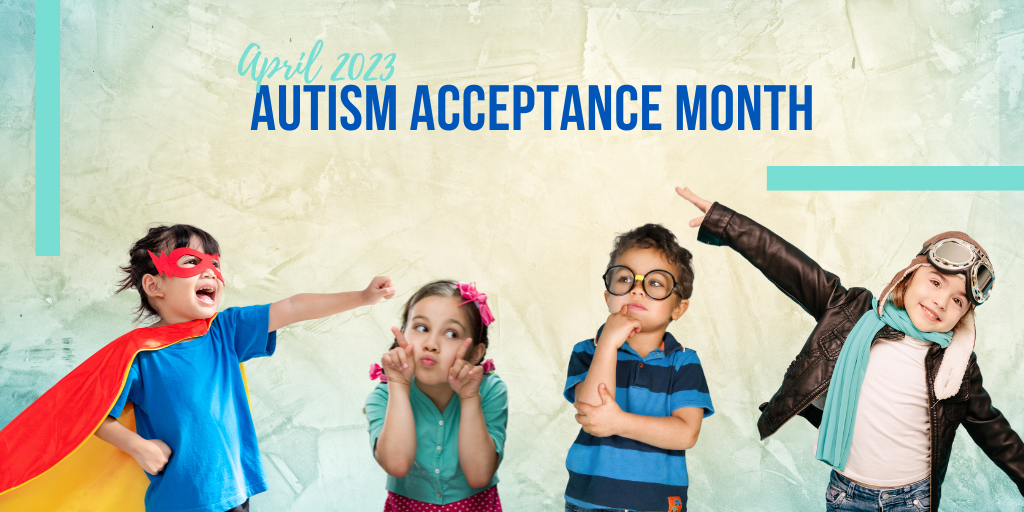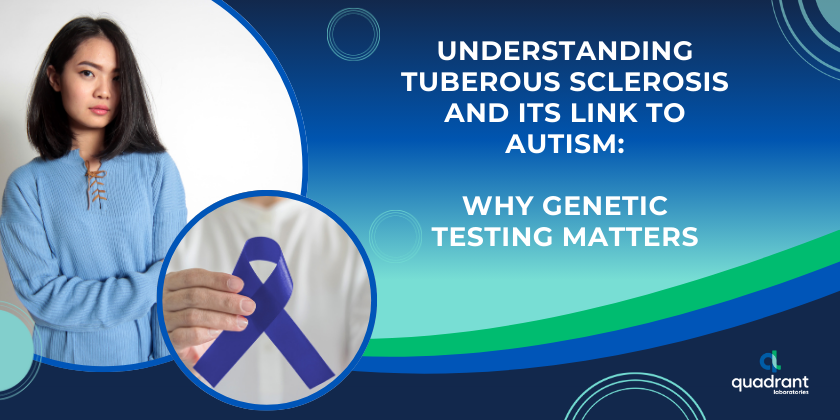
Previously known as Autism Awareness Month, April is now celebrated as Autism Acceptance Month across the country.
The first annual National Autistic Children’s Week began in 1972 and later evolved into Autism Awareness Month.
This year, organizations are taking to social media to “Celebrate Differences” and “build a better awareness of the signs, symptoms, and realities of autism” by celebrating Autism Acceptance Month.
With the rising prevalence of autism in the United States, the need for autism acceptance is greater than ever. In 2023, the CDC reported that approximately 1 in 36 U.S. children is diagnosed with autism spectrum disorder (ASD).
So why the shift from Autism Awareness to Autism Acceptance? Christopher Banks, President and CEO of the Autism Society of America, said: “While we will always work to spread awareness, words matter as we strive for autistic individuals to live fully in all areas of life. As many individuals and families affected by autism know, acceptance is often one of the biggest barriers to finding and developing a strong support system.”
Through better support and opportunities in education, employment, accessible housing, affordable health care, and comprehensive long-term services, this change in phraseology promotes positive change.
The Autistic Self Advocacy Network (ASAN) has recognized April as Autism Acceptance Month since 2011, stating that it is “necessary for real dialogue to take place” to accept autism as a natural condition. Due to the fact that Autism Acceptance Month has never been officially designated by the federal government, the Autism Society of America is also urging the government to do so.
In order to become more accepting, we need to engage in conversations with each other and learn about their perspectives. Not only can we be more aware of the differences in those around us, but we should also accept them. And if the global population embraces such a philosophy, our world can be filled with more kindness and less stigmatism.
We should all strive to be more aware and accepting of the global autism community. It starts with each one of us.



